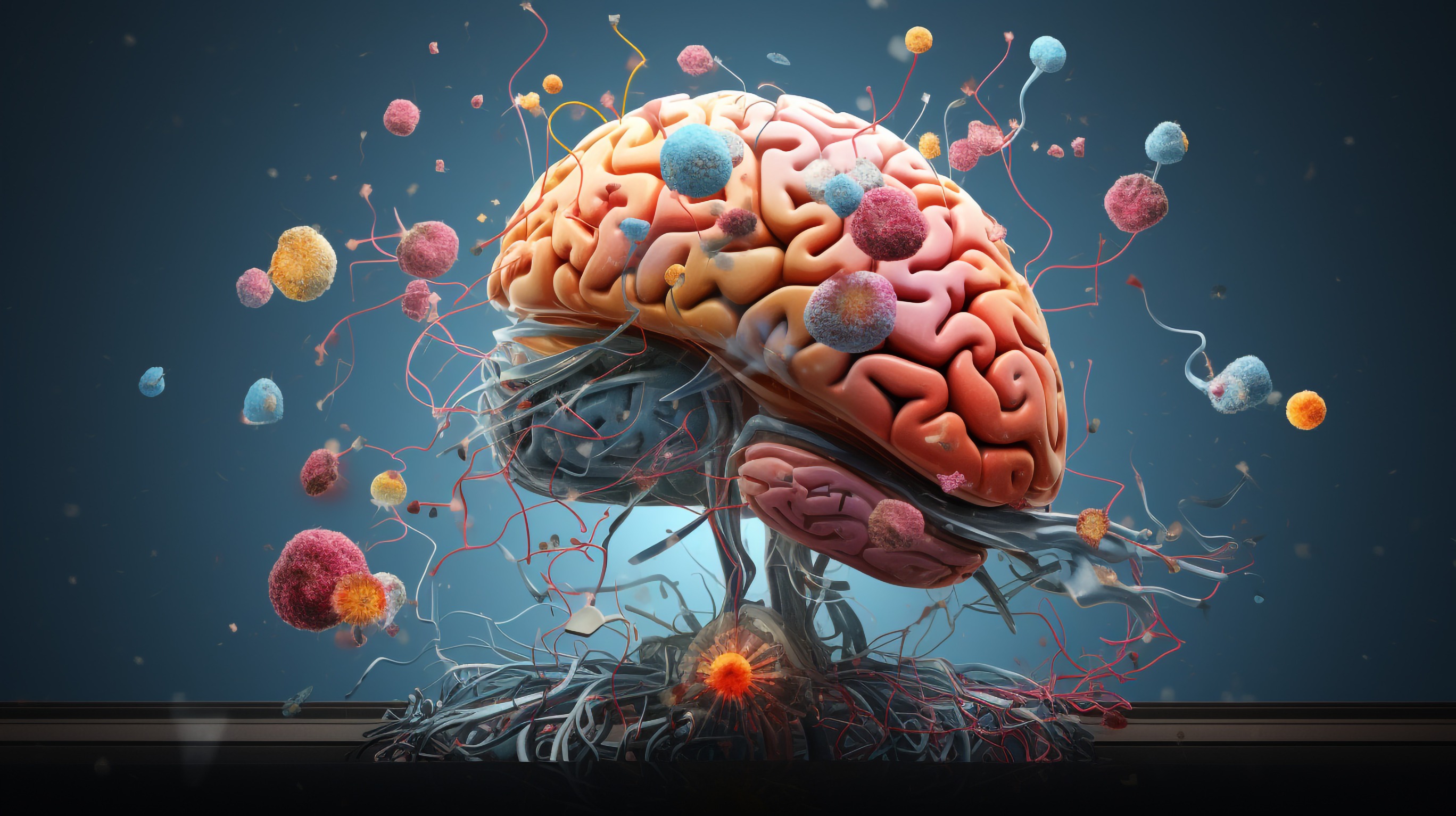How employers and managers can build a neuroinclusive workplace
- Champa Ha

There is still a long way to go when it comes to grappling with the topic of neurodivergence in the workplace, as a new study focused on building an inclusive profession in science, technology, engineering, and math (STEM) showed the urgent need to make sectors like engineering and technology more accessible to neurodivergent employees.
The report, released by The Institute of Engineering and Technology (IET), focused on exploring neurodivergent employees, who have neurotypes such as Attention Deficit/Hyperactivity Disorder (ADHD), autism, dyslexia, dyspraxia, dyscalculia and Tourette’s Syndrome, and who currently work in STEM.
What they found was that neurodivergent employees, whether formally diagnosed or not, are hesitant to be open at work due to several factors: a lack of awareness and understanding from neurotypical colleagues and managers; the lack of reception to them speaking up; and the belief that the strengths and skills they bring to the table are unappreciated. This is compounded by the challenges in place, such as a lack of understanding and awareness of neurodivergence; the neurotypical approaches and expectations set as the standard in the workplace; and the need to be sustaining on good mental health and wellbeing.
The researchers at IET, in their report, made several recommendations to employers, colleagues, managers and external partners when it comes to creating a neuroinclusive sector.
Employers should, for example, make an explicit commitment to becoming neuroinclusive employers by working with neurodivergent and neurotypical employees to establish a clear objective and strategy to achieve this objective, and the importance of creating safe spaces for colleagues to talk about their experience, should they wish to do so.
READ MORE: Psychological safety: What employers need to know
Managers, in turn, can make effort in developing their skills in managing a mixed neurodivergent-neurotypical team, such as revisiting basic management practices and the criteria managers are using for recruitment, promotion and performance assessment.






